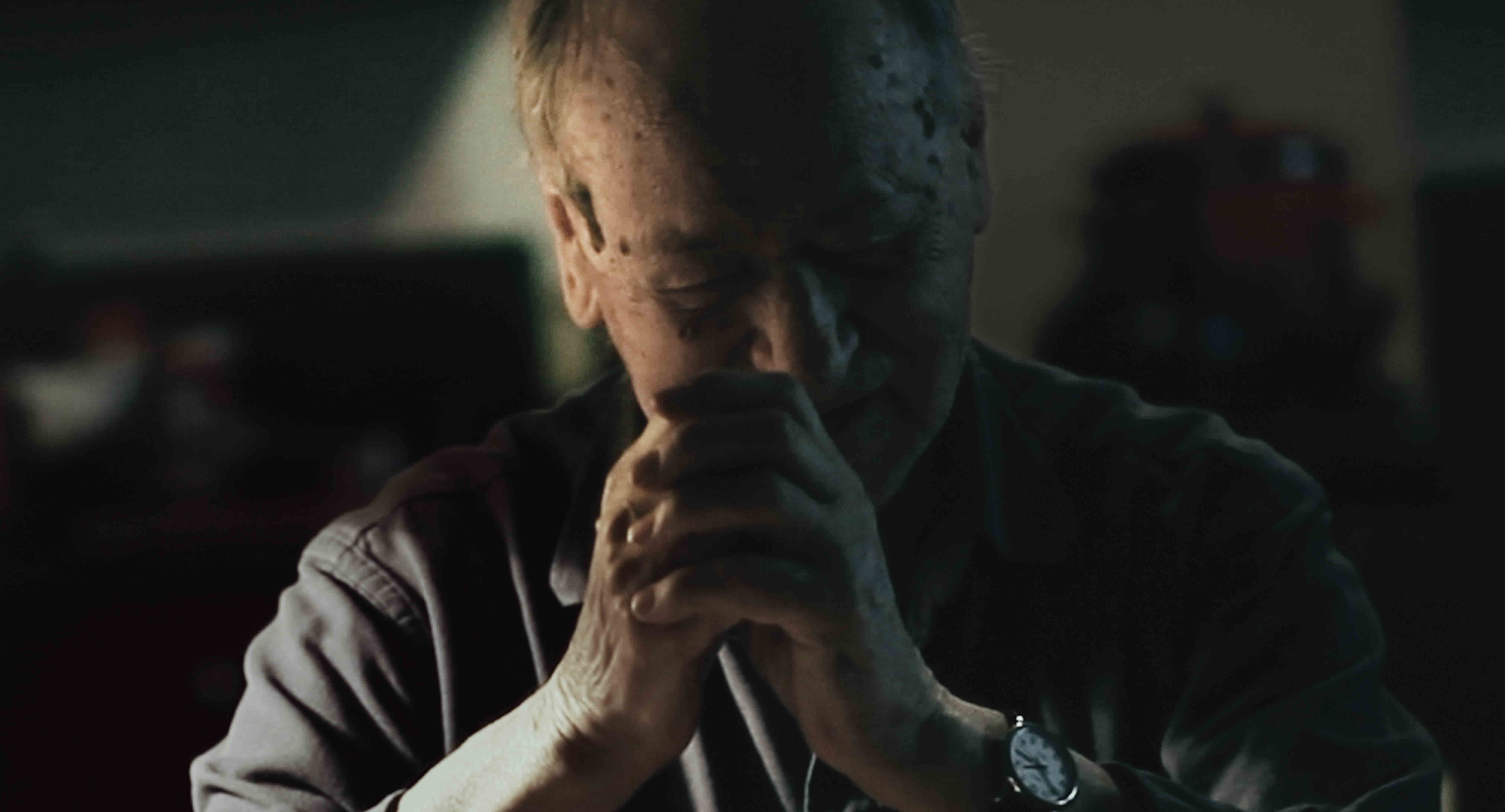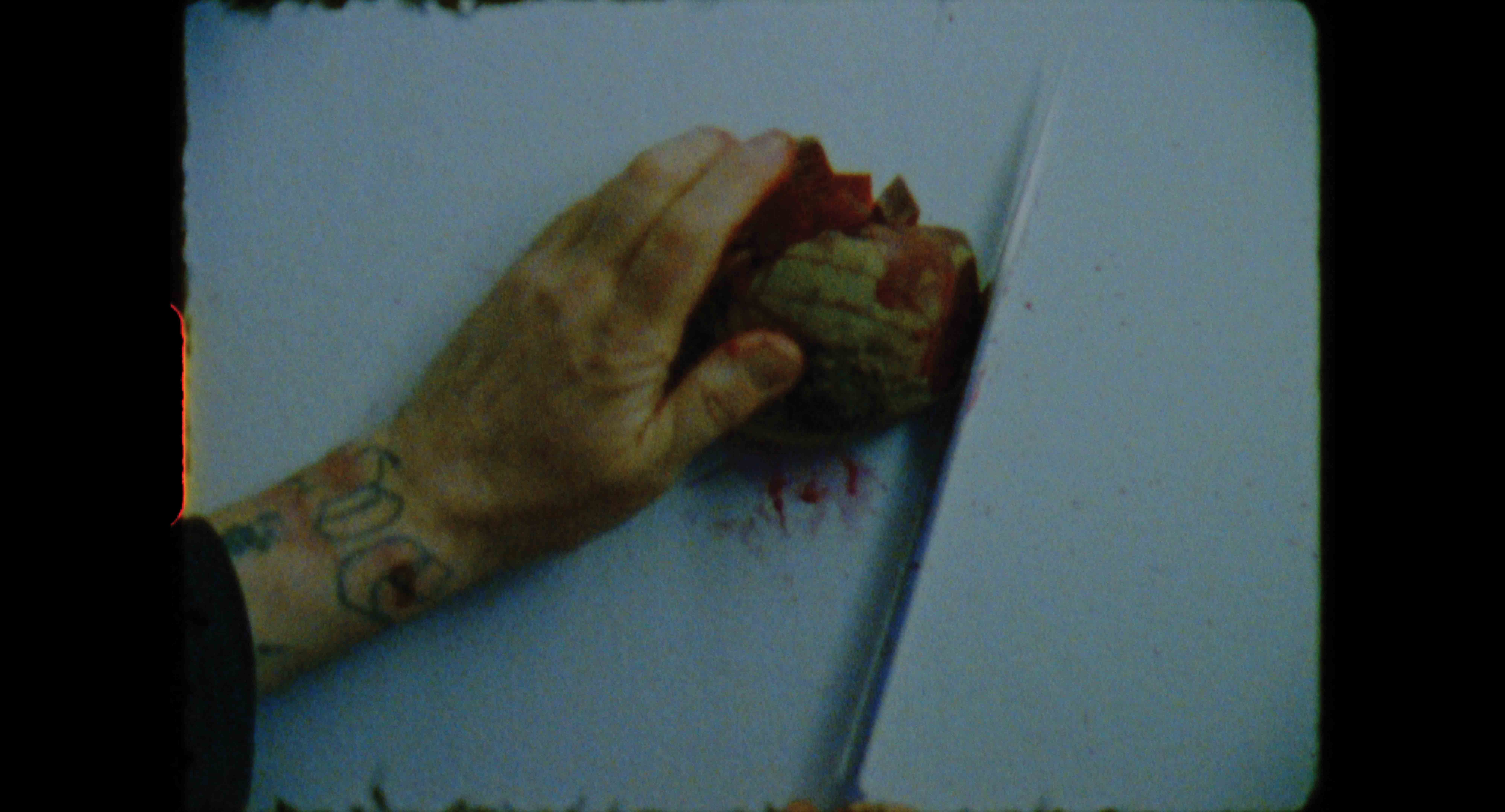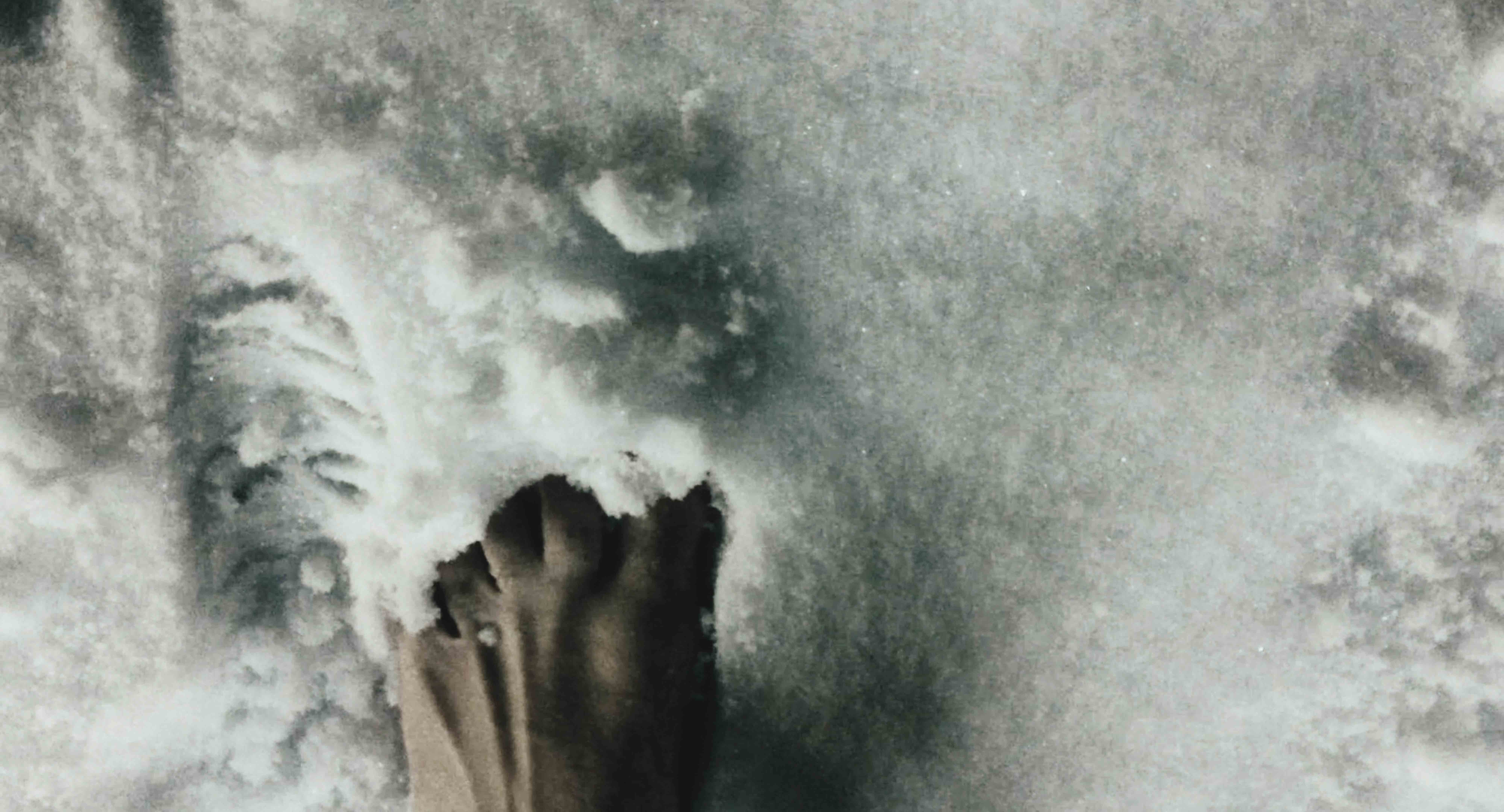Douglas Gordon on Jonas Mekas, the legendary American-Lithuanian filmmaker
Ahead of today’s screening and panel discussion, Gordon remembers the artist who inspired his 2016 film ‘I had nowhere to go: Portrait of a displaced person’
Log in and subscribe to receive Art Basel Stories directly in your inbox.
‘I never knew him before I met him. I know that sounds a wee bit Samuel Beckett, but…you know. I met him in the Georges V Hotel in Paris when he was young – you know, 75 or something. And I was just kind of fascinated by his lack of interest in peripheral things, and his focus on details. We didn’t get on very well, I have to say, until much later in life. Sometimes it takes about 10 years to break the ice. If the ice is cold it can take that long.
He’d say [Gordon impersonates Mekas’s Lithuanian accent], “I love to dance. When I'm dancing, I close my eyes, and the world disappears. You should try! Try! Try this.”
Aye, right? The few times I’ve tried it, I've walked in front of a car and nearly got fucking killed. Eventually, we ended up in a hotel room down near Bordeaux or something, and I said, “Jonas, why has no one ever made a film about you?” And he says, “Who, who would be interested in me?”Uh…pretty much the whole world.

‘And then last night, I'm in a bar. I sit next to a fairly random person in a random chair in a random corner in a random bar when the guy goes, “Are you that art guy?” “Sure am,” I said. And he goes, “You made that film with Jonas Mekas?’ I said, ‘Uh-huh.’ And he goes, “How could you work with a fascist?”
And, you know, if I’d had a half-pint in my hand, I would’ve dropped the glass, but it was a full pint so I’m not dropping that. And I said, “What are you talking about?” He said, “Didn't you see this article? It said Mekas didn’t run away from Lithuania because of the Nazis; he ran away because of the Communists, because he used to write for a Nazi fascist periodical.” [He was referring to Michael Casper’s 2018 article I Was There, published in the The New York Review of Books. The article details Mekas’s lack of commentary on the persecution and deaths of Lithuanian Jews during World War Two.]

‘I find that quite hard to believe, you know? Then the guy sent me the article, and it’s damning in a way – no way it’s not damning. And he says, “How do you feel about that?” I say, “Look mate, could you give me about five years to reflect on this? I really, really admired that fella.” And I’m literally speechless with this bloke. As the argument escalates, I ask him, “Do you think it’s better to run away from the Communists or the fascists?” It doesn’t matter if you're waving a red flag or a black flag; if you're out to persecute, nobody wins. The idea of liberation is just a bogus idea. Nobody walks into a country and liberates anybody; they go in and dominate on a different level. Still, it’s been disturbing me all day. Apart from the stuff that I included in my film, Jonas and I would spend short breakfasts and long evenings talking about all sorts of stuff. I really don't think this guy is a fascist.

‘I told him once about seeing the documentary about Leni Riefenstahl [The Wonderful, Horrible Life of Leni Riefenstahl (1993)], where the filmmaker takes her back to Babelsberg, the so-called Hollywood of Germany. She's incredibly well-dressed, and they’re trying to shoot her while she’s walking, so she says, “I can't walk and talk at the same time.” And I told him that, and he said, “Yeah, it is difficult to walk and talk at the same time.” Then I realized that I've never seen the man walk and talk at the same time. He was always seated. Holding court.
At one point, we sit down for a chat and I ask, “What’s the first picture you ever took in your life?”And he goes into this reverie – most professional people never show that side of themselves. He says [Mekas’s accent again], “The tanks come in to the village. My brother, Adolfas, had given me camera for my birthday. I see a Russian tank. Beautiful. And I think, Jonas – I – should take these photographs. I'm standing in the farmyard, I'm looking at the tank. The tank stops. I take the camera, and out of the tank comes this beautiful Russian commander. He runs towards me. He takes my camera. He rips the film out, stomps it into the dust, under the dust. Gives me the camera, and says run, boy, run.”
It’s one of the most moving stories I’ve ever heard. That’s how he grew up: the first picture he ever made is under the dust somewhere in Lithuania. Isn’t that beautiful?’

Chris Fite-Wassilak is a writer and critic based in London.
Douglas Gordon will participate in the panel discussion ‘Art History Talk | “Reminiscence of a Journey” - The Legacy of Jonas Mekas’, alongside Michel Auder (Filmer) and Lolita Jablonskienė (Chief Curator of the National Gallery of Art, Vilnius). Part of Art Basel’s Conversations program, the talk will be moderated by Maxa Zoller (Film Curator, Art Basel) and take place in the Auditorium (Hall 1) on Saturday, June 15 from 5pm to 6pm. More information here.
© Studio lost but found / Douglas Gordon / VG Bild-Kunst, Bonn, 2019. Film still courtesy moneypenny and olddognewtricks gmbh

